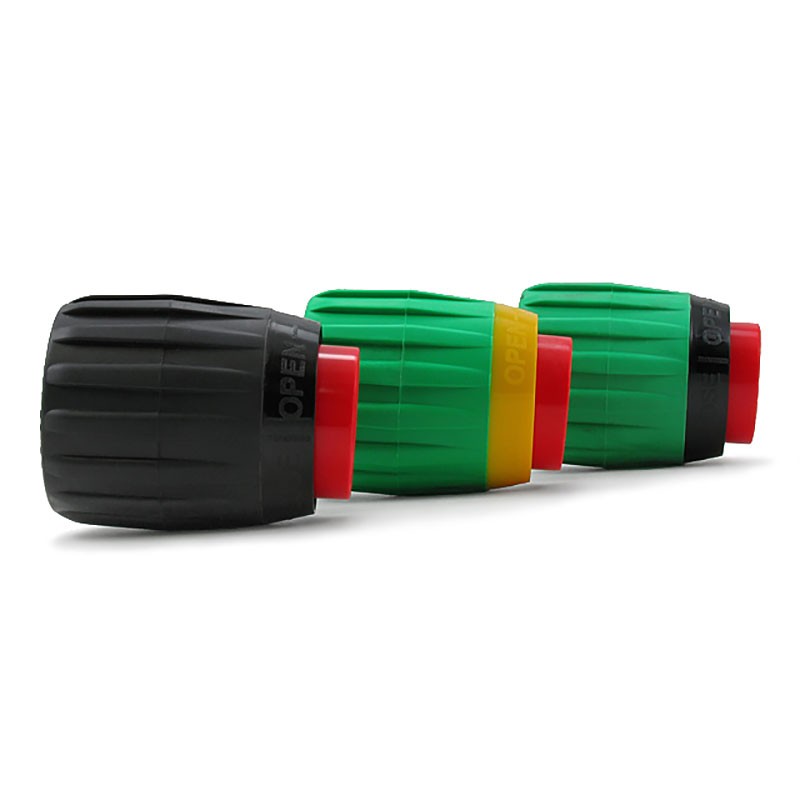I am 100% embarrassed that this even happened and feeling emotional about it today. I want to share what happened to me with everyone here as a learning experience and hope to prevent this from happening to anyone else.
My husband and I are dive buddies. We each have over 400 logged dives and have been diving for 7 years. We recently this year earned our Intro to Cave Diver certification from one of the best instructors in the Bahamas. We have been practicing our skills in the Cavern at Ginnie Springs for several weeks. Yesterday we went to Ginnie Springs to do our very first Cave dive in the Devils Eye by ourselves, no guide or instructor. Our first dive went well! No issues.
Getting into the water for our second dive, we placed our cylinders (side mounting) into the water on the steps going down to the water with the tank valves ON. With all the people at Ginnie Springs entering and exiting, somehow my right cylinder was kicked off the stairs and landed down on the sandy bottom. A young man in the water was kind enough to fetch it up for me and I continued to hook up for the dive.
We did our safety check and I did breath off of both cylinders prior to the dive and checked the gauges…..I DID NOT check the handles to be sure the cylinder was open all the way and herein is the error. When I took breaths off each cylinder the gauges did not move so I believed all was well.
I was able to breathe off the right regulator from the surface stairs down into the Devils Eye into the cave until 43 feet when I had no air. No indication of any problem at all until it was a problem.
This is the first time in my life that I have been so close to death…seriously panicked and thinking I’m going to die in the cave today. It’s true when you hear people say they want to bolt to the surface in a panic/out of air situation. And it’s true that your life flashes before your eyes. I’m so thankful to be alive today as I did switch to my left regulator after 2 breath cycles on getting no air out of the right cylinder. I did inhale some water into my lungs in this incident and I am still coughing today.
The lesson we learned here is to ALWAYS CHECK to be sure your air is on prior to descending. I made an assumption based on my watching my gauges breathing from each cylinder on the surface and it could have cost me my life. Apparently, when my cylinder rolled off the stair, and upon retrieval of it, the handle rolled off enough to cut off my air supply at depth. It was breathing fine up until 43 feet. And believe me, the element of surprise at 43 feet deep in an overhead environment can be deadly.
This was a true lesson for life for me and my husband. I will be a better cave diver for it. Lesson learned.

www.divegearexpress.com



